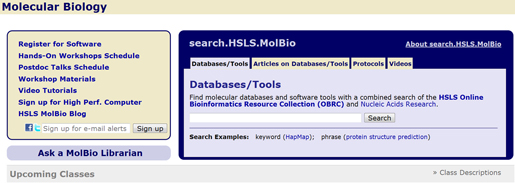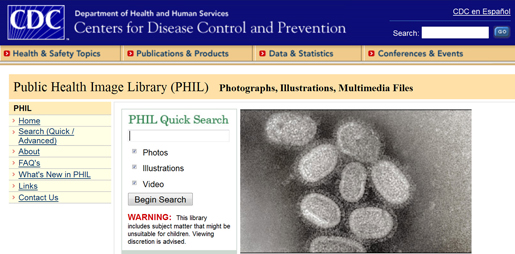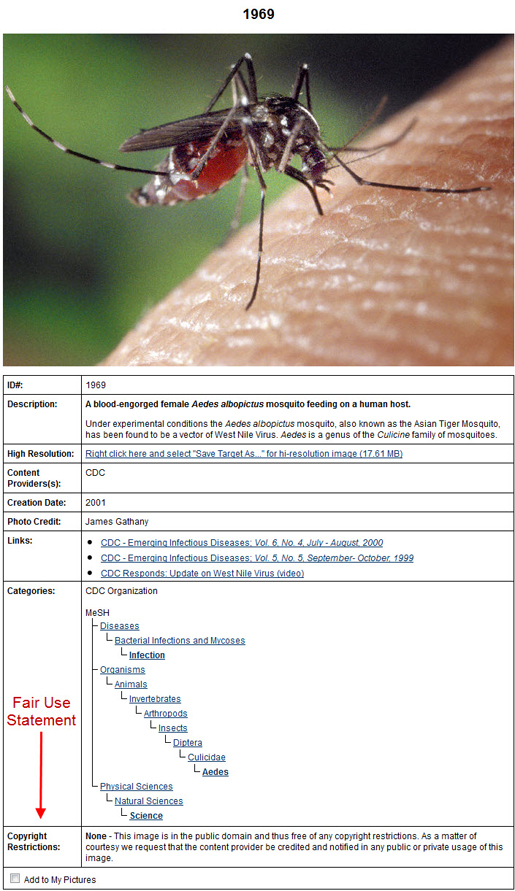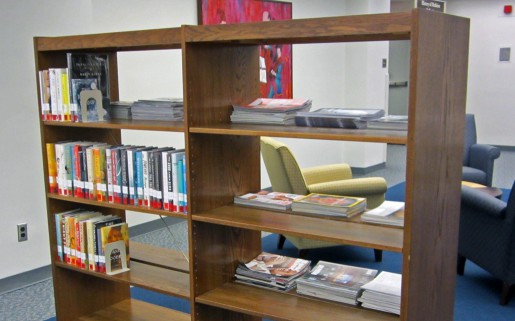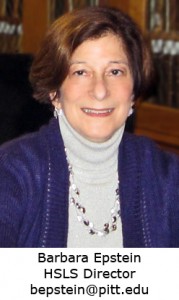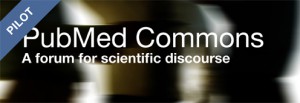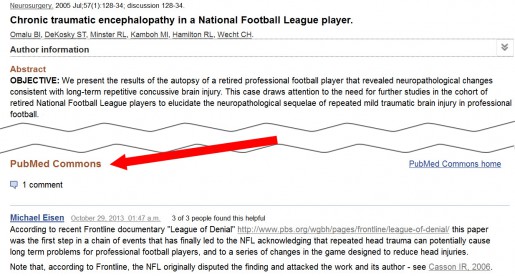HSLS offers classes on database searching, software applications such as Adobe Photoshop, bibliographic management, molecular biology and genetics, and library orientations. For more information, visit the online course descriptions.
Classes are held on the first floor of Falk Library (200 Scaife Hall) in Classroom 1 and on the upper floor of the library in Classroom 2. All classes are open to faculty, staff, and students of the schools of the health sciences at the University of Pittsburgh. They are also open to UPMC residents and fellows.
No registration is required for any of these classes. Seating for classes is first-come, first-served until the class is full. Faculty, staff, and students of the schools of the health sciences will need a valid Pitt ID or e-mail account to attend these classes. UPMC residents/fellows will need to show their UPMC IDs.
Classes marked with an asterisk (*) qualify for American Medical Association Category 2 continuing education credit.
Class schedules are subject to change. Please consult the online class calendar for the most current information.
FlashClass
FlashClass is a “deal of the week” Groupon-like offer of timely and useful learning. Each week’s offer proposes one or two topics, and you’re invited to sign up to attend a one-hour class the following week. If at least three people sign up, we’ll hold the class. (We’ll notify you either way.)
HSLS CLASSES
Adobe Photoshop (Falk Library Classroom 2)
| Wednesday, April 30 | 10:30 a.m.-12:30 p.m. |
EndNote Basics (Falk Library Classroom 1)
| Wednesday, April 16 | 2-4 p.m. |
Painless PubMed* (Falk Library Classroom 1)
| Tuesday, April 1 | 3-4 p.m. |
| Monday, April 7 | 8-9 a.m. |
| Thursday, April 17 | 4-5 p.m. |
| Tuesday, April 22 | Noon-1 p.m. |
MOLECULAR BIOLOGY AND GENETICS RESOURCES
Primer Design & Restriction Analysis* (Falk Library Classroom 2)
| Wednesday, April 2 | 1-4 p.m. |
Sequence Similarity Searching* (Falk Library Classroom 2)
| Wednesday, April 9 | 1-4 p.m. |
Protein Sequence Analysis* (Falk Library Classroom 2)
| Wednesday, April 16 | 1-4 p.m. |
CUSTOMIZED CLASSES
Customized classes can be developed for your department, course, or other group.

